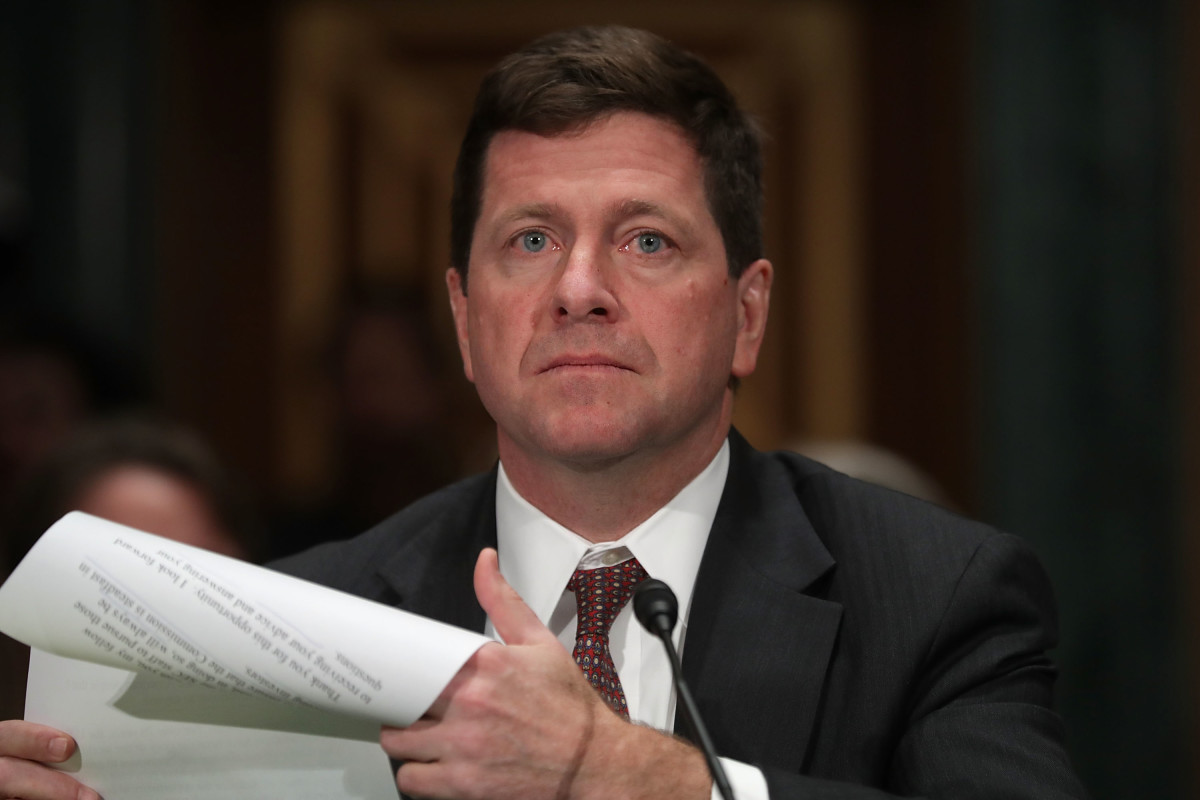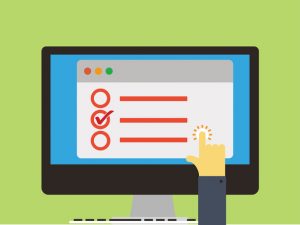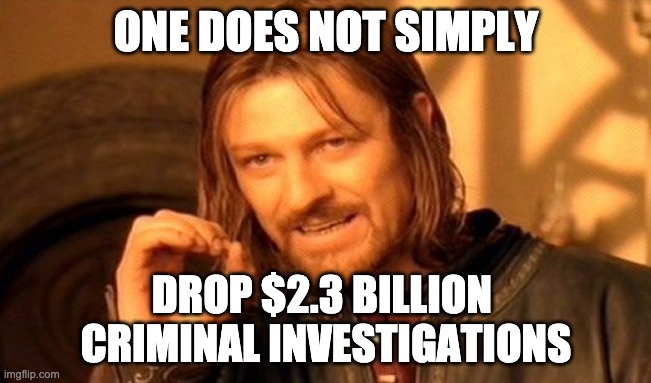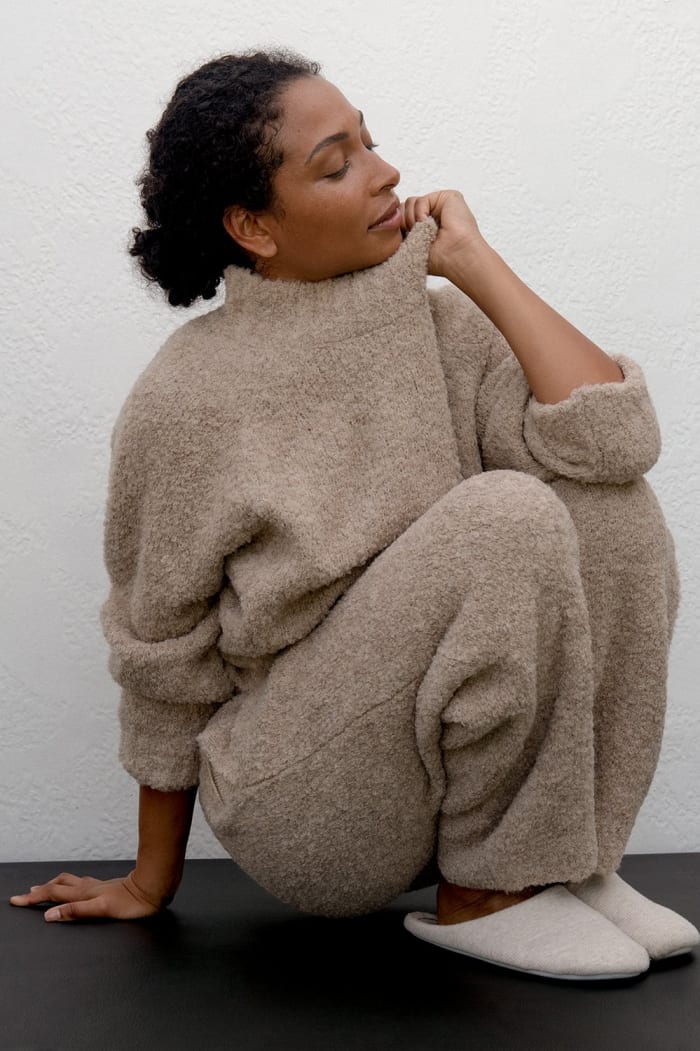Every year the American Bar Association (ABA) and the International Legal Technology Association (ILTA) release technology surveys based on interviews with lawyers from firms of all sizes, and the results always provide lots of interesting data on how the legal profession is using technology. This year was no exception, but the results of the surveys were all the more interesting since both were conducted during the early months of the pandemic.
Certainly things have changed since the early months of the pandemic, but the results of these surveys are nevertheless interesting and provide insight into how firms are and will be using technology in the months and years to come, especially when it relates to how lawyers will use legal cloud computing software to work remotely.
Cloud Computing Adoption
First, let’s take a look at how the firms surveyed approach cloud technology. ILTA survey respondents were asked how they would describe their firm’s cloud philosophy, and 21% reported that their firms were mostly in the cloud. 35% reported that their firms philosophy was to transition to the cloud with every software upgrade, and 33% shared that their firms were considering the cloud.
According to the ABA survey, nearly two-thirds of lawyers (59%) reported that they used cloud computing for work-related purposes. The larger the firm they worked at, the more likely lawyers were to report using cloud-based software, with 63% of lawyers from firms of 100 or more attorneys using cloud computing for work-related tasks (compared with 51% in 2019, 44% in 2018, and 42% in 2017), followed by 62% of respondents from firms of two to nine attorneys (compared to 61% in 2019, 58% in 2018, and 56% in 2017), 57% from firms of 10-49 attorneys (compared with 60% in 2019, 56% in 2018, and 52% in 2017), and 52% of solo respondents (compared to 59% in 2019 and 2018, and 56% in 2017).
According to the ILTA survey results, at the time of the survey, law firms had plans to migrate or were already using the cloud for the following types of processes: document management (37%), time and billing software (23%), and case management (9%). Undoubtedly those firms intending to migrate functionality to the cloud within the next year have fast-tracked their plans in order to ensure stability throughout the duration of the pandemic.
These findings are in keeping with recent trends indicating that firm leaders are increasingly likely to view the move to the cloud as inevitable. The shift to remote work because of the effects of COVID-19 only served to accelerate this transition, as explained in the executive summary for the ILTA survey:
(T)here are a few notable findings and trends worth highlighting. Among them was a slight acceleration of cloud acceptance. Granted, the lockdown encouraged cloud-mindedness — with the workforce scattered across the landscape, we suddenly reflected a hybrid model of private/public cloud — but the sudden jump in some numbers could not have happened in so short a time.
Secure Communication Trends
Also included in the ABA survey report are a variety of interesting statistics on how lawyers are using technology to communicate and collaborate online. Now that many lawyers are working remotely either full- or part-time due to the pandemic, this data is all the more relevant.
Of particular import are the statistics on secure communication methods, since the standard for secure communication is in flux, with jurisdictions now requiring lawyers to avoid unencrypted email and use a more secure method of communication, such as encrypted client portals, for particularly sensitive matters. I discuss this trend more fully in this post.
Because of the effects of the pandemic and the trend to move to more secure forms of communication, I fully expect that the number of lawyers using secure portals for client communication will continue to go up throughout the pandemic. But as the report showed, even during the early stages of the pandemic, use of client portals was increasing — especially with larger firms. When lawyers were asked about their use of client portals to communicate and collaborate with clients, lawyers from firms of 100 or more attorneys were the most likely to report offering clients access to a secure client portal (65%), in contrast to 23% from firms of 10-49 attorneys, 14% from firms of two to nine attorneys, and 11% from solo firms.
Other Remote-Working Tools
Lawyers were also surveyed about the top remote tools that their law firms were relying on during work-from-home mandates. Not surprisingly, the most popular tools were those that replaced the face-to-face functions that were necessary for work to continue even when employees were displaced from the office (i.e., videoconferencing), or tools that were already in place that offered that functionality (i.e., email).
The tools lawyers reported using ran the gamut from videoconferencing and fax to chat and text messaging. And not surprisingly, reliance on certain categories of communication increased quite a bit in 2020 compared to prior years, even as early as the spring of this year when these surveys were conducted.
For example, according to the results of the ABA survey, usage of videoconferencing tools increased dramatically in 2020, with nearly half of lawyers (48%) reporting that they used it at least occasionally compared to 24% in 2019 and only 19% in 2018. Lawyers are also texting with clients more than ever before, with nearly half of lawyers surveyed (48%) sharing that they at least occasionally texted with clients in 2020, compared to 42% in 2019. Lastly, 10% of lawyers reported that they at least occasionally used online chat to interact with nonclients for work-related purposes and 7% reported that they at least occasionally used online chat to communicate with clients.
The ILTA survey results were similar in this regard. According to survey respondents, the most popular technology relied upon by law firms during the pandemic has been videoconferencing, with 94% of responding lawyers reporting that their firms used it to facilitate collaboration. Next up was email (68%), followed by chat (54%), and document sharing (43%).
The results of both surveys offer further evidence that law firms of all sizes are beginning to see the move to cloud-based software as inevitable, and many are fast-forwarding that transition due to the pandemic. Also of note is that remote-working tools that firms already use or that fill unanticipated remote-working gaps are the ones being adopted the quickest and that trend will likely continue throughout the pandemic.
Nicole Black is a Rochester, New York attorney and Director of Business and Community Relations at MyCase, web-based law practice management software. She’s been blogging since 2005, has written a weekly column for the Daily Record since 2007, is the author of Cloud Computing for Lawyers, co-authors Social Media for Lawyers: the Next Frontier, and co-authors Criminal Law in New York. She’s easily distracted by the potential of bright and shiny tech gadgets, along with good food and wine. You can follow her on Twitter at @nikiblack and she can be reached at niki.black@mycase.com.




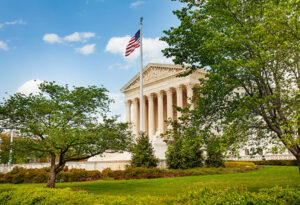



 Eden Davis Stephens is the Deputy Executive Director of the Office of Administrative Hearings within Kentucky’s Public Protection Cabinet. She has adjudicated a variety of administrative hearings over the last 8 years, from parole revocation to tax appeals. Eden recently led the pilot re-entry program modeled after Drug Court under Kentucky’s Department of Corrections. She is proud to be a former Public Defender, and strives to increase the public’s access and understanding of the judicial system. Eden likes to write, but rarely does so outside of professional prose for adversarial situations. Her parenting wish to not have boring children was granted. She is very excited for her creative and headstrong daughters’ futures, but is very tired from the mothering patience required in the present. If you feel so led, you can Friend her on Facebook at Eden Davis Stephens or follow her on Instagram @superedentica.
Eden Davis Stephens is the Deputy Executive Director of the Office of Administrative Hearings within Kentucky’s Public Protection Cabinet. She has adjudicated a variety of administrative hearings over the last 8 years, from parole revocation to tax appeals. Eden recently led the pilot re-entry program modeled after Drug Court under Kentucky’s Department of Corrections. She is proud to be a former Public Defender, and strives to increase the public’s access and understanding of the judicial system. Eden likes to write, but rarely does so outside of professional prose for adversarial situations. Her parenting wish to not have boring children was granted. She is very excited for her creative and headstrong daughters’ futures, but is very tired from the mothering patience required in the present. If you feel so led, you can Friend her on Facebook at Eden Davis Stephens or follow her on Instagram @superedentica.


